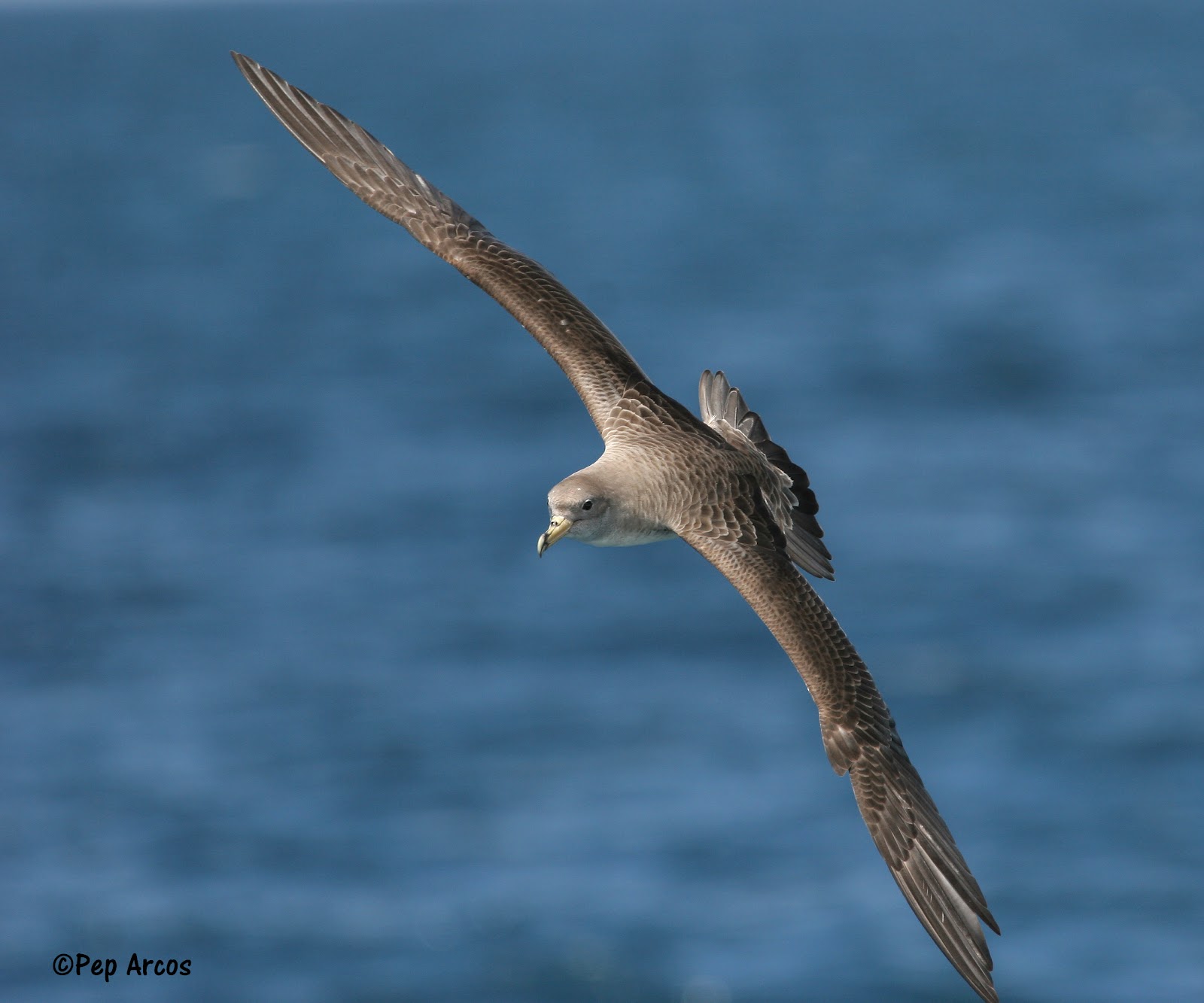Andrea Soriano-Redondo (Institut de Recerca de la Biodiversitat (IRBio), Universitat de Barcelona, Spain) and colleagues have published on-line and open-access in the journal Scientific Reports on the likely effects of a trawler discard ban on increased longline mortality of Scopoli’s Shearwaters Calonectris diomedea in the Mediterranean.
The paper’s abstract follows:
“Fisheries provide an abundant and predictable food source for many pelagic seabirds through discards, but also pose a major threat to them through bycatch, threatening their populations worldwide. The reform of the European Common Fisheries Policy (CFP), which intends to ban discards through the landing obligation of all catches, may force seabirds to seek alternative food sources, such as baited hooks from longlines, increasing bycatch rates. To test this hypothesis we performed a combined analysis of seabird-fishery interactions using as a model Scopoli’s shearwaters Calonectris diomedea in the Mediterranean. Tracking data showed that the probability of shearwaters attending longliners increased exponentially with a decreasing density of trawlers. On-board observations and mortality events corroborated this result: the probability of birds attending longliners increased 4% per each trawler leaving the longliner proximity and bird mortality increased tenfold when trawlers were not operating. Therefore, the implementation of the landing obligation in EU waters will likely cause a substantial increase in bycatch rates in longliners, at least in the short-term, due to birds switching from trawlers to longliners. Thus the implementation of the landing obligation must be carefully monitored and counterbalanced with an urgent implementation of bycatch mitigation measures in the longline fleet.”

Scopoli's Shearwater at sea, photograph by 'Pep' Arcos
Reference:
Andrea Soriano-Redondo ,Verónica Cortés, José Manuel Reyes-González, Santi Guallar, Juan Bécares, Beneharo Rodríguez, José Manuel Arcos &Jacob González-Solís, J. 2016. Relative abundance and distribution of fisheries influence risk of seabird bycatch. Scientific Reports DOI: 10.1038/srep37373.
John Cooper, ACAP Information Officer, 01 December 2016

 English
English  Français
Français  Español
Español